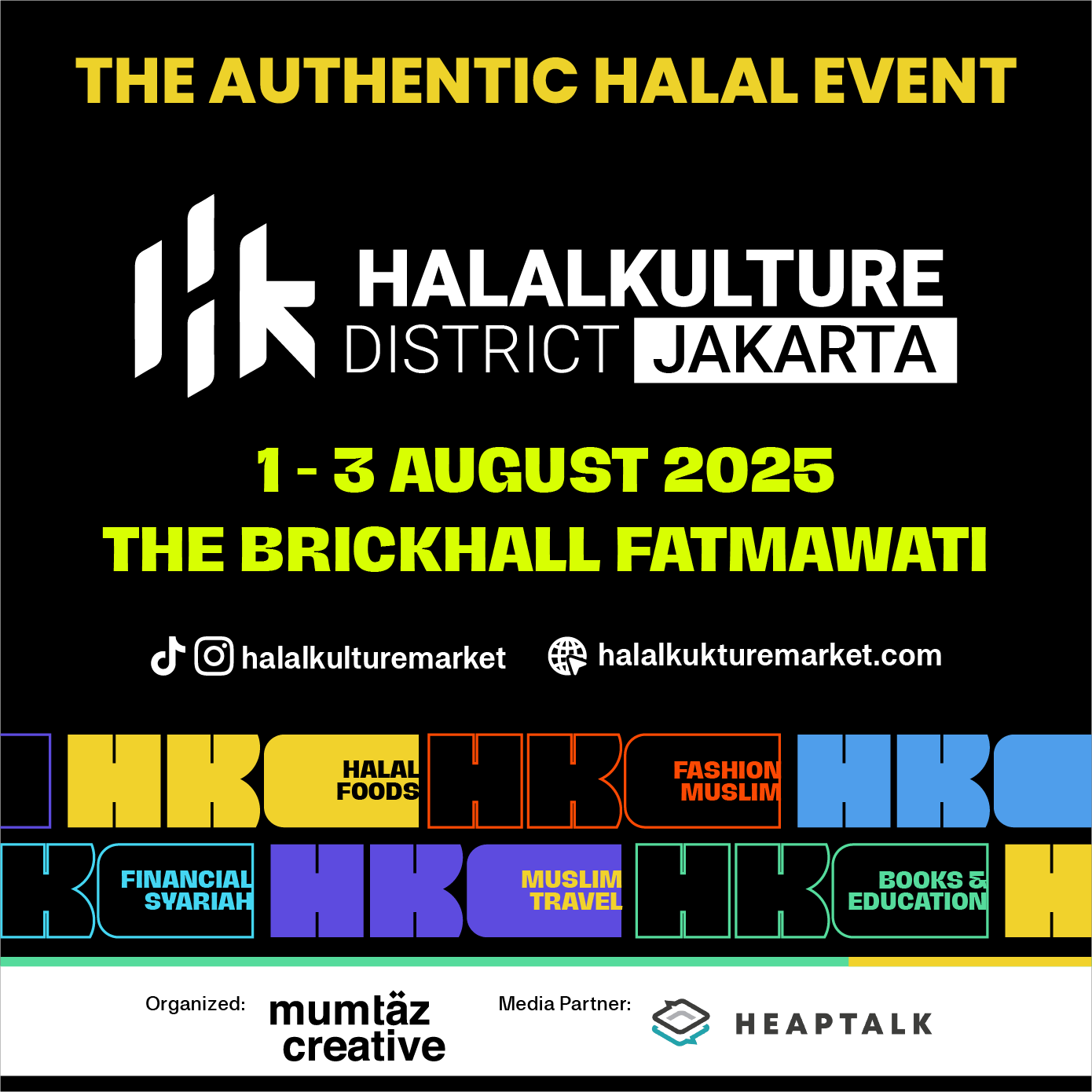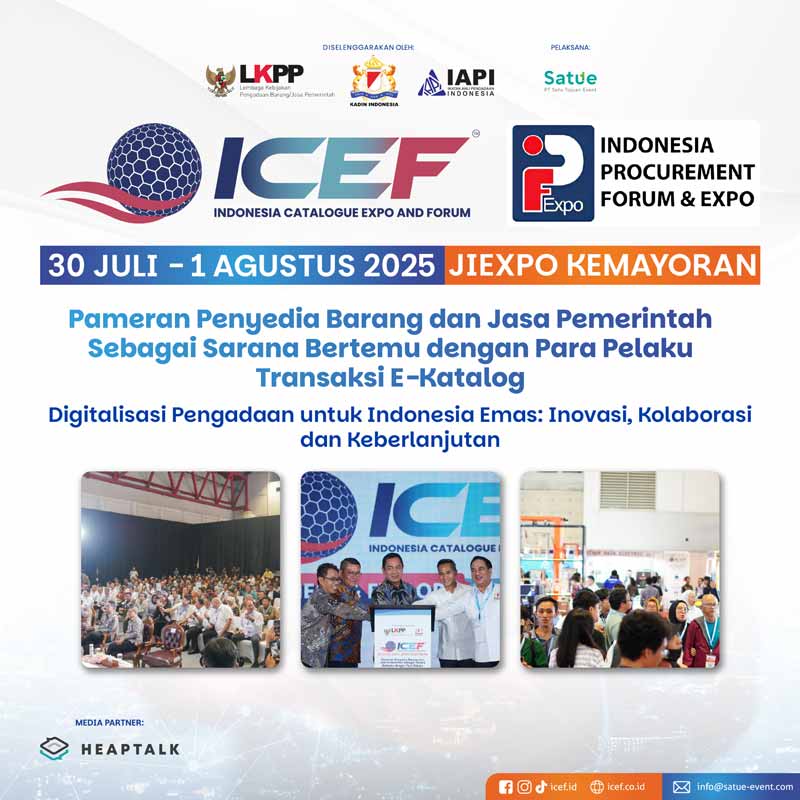Heaptalk, Jakarta — Indonesia’s Ministry of Digital Affairs (Komdigi) intends to explore a new scheme to integrate its governance with existing legal frameworks. The ministry will also engage multiple stakeholders to develop more comprehensive artificial intelligence (AI) management policies.
The Digital Affairs Ministry previously issued Ministerial Circular No. 9 on AI Ethics in 2023, which received a positive reception. This circular letter, signed on December 19, 2023, possesses three policies: ethics, implementation of ethical values, and responsibility in using and developing AI technology.
Vice Minister of Digital Affairs Nezar Patria emphasized the need for more detailed rules to address the evolving use of AI in Indonesia. “The circular letter has been well-received by the public. Nevertheless, as AI implementation grows, we must introduce more specific regulations,” Vice Minister Patria said.
He further emphasized that the ministry currently assesses how AI regulations can be refined through new policy instruments, such as a Presidential Regulation (Perpres) or a Ministerial Regulation (Permen). He said provisions on Engine Technologies in the Personal Data Protection Law could be expanded into more detailed regulatory forms.
For this reason, Nezar invited the Presidential Special Staff for Creative Economy to participate in the ongoing discussion to refine AI regulations. This discussion will continue until the government establishes a more suitable regulatory framework.
“We plan to initiate discussions this January to draft a regulatory document. The specific for it will take—whether a Permen or something higher—has yet to be decided,” he explained.
On the other hand, the Digital Affairs Ministry’s Secretary General, Mira Tayyiba, pointed out that the ministry frequently uses a horizontal approach to regulating technology, as in the in-laws on electronic transactions and personal data protection. This method is appropriate since these issues are closely linked to daily life.
“We will employ practical examples for technical challenges, such as AI applications in healthcare and education. We recognize that a single ministry cannot handle this effort due to the vast scope of the challenges. The ongoing revisions to the Copyright Law also provide an opportunity to enhance AI regulations through parliamentary processes,” she concluded.














